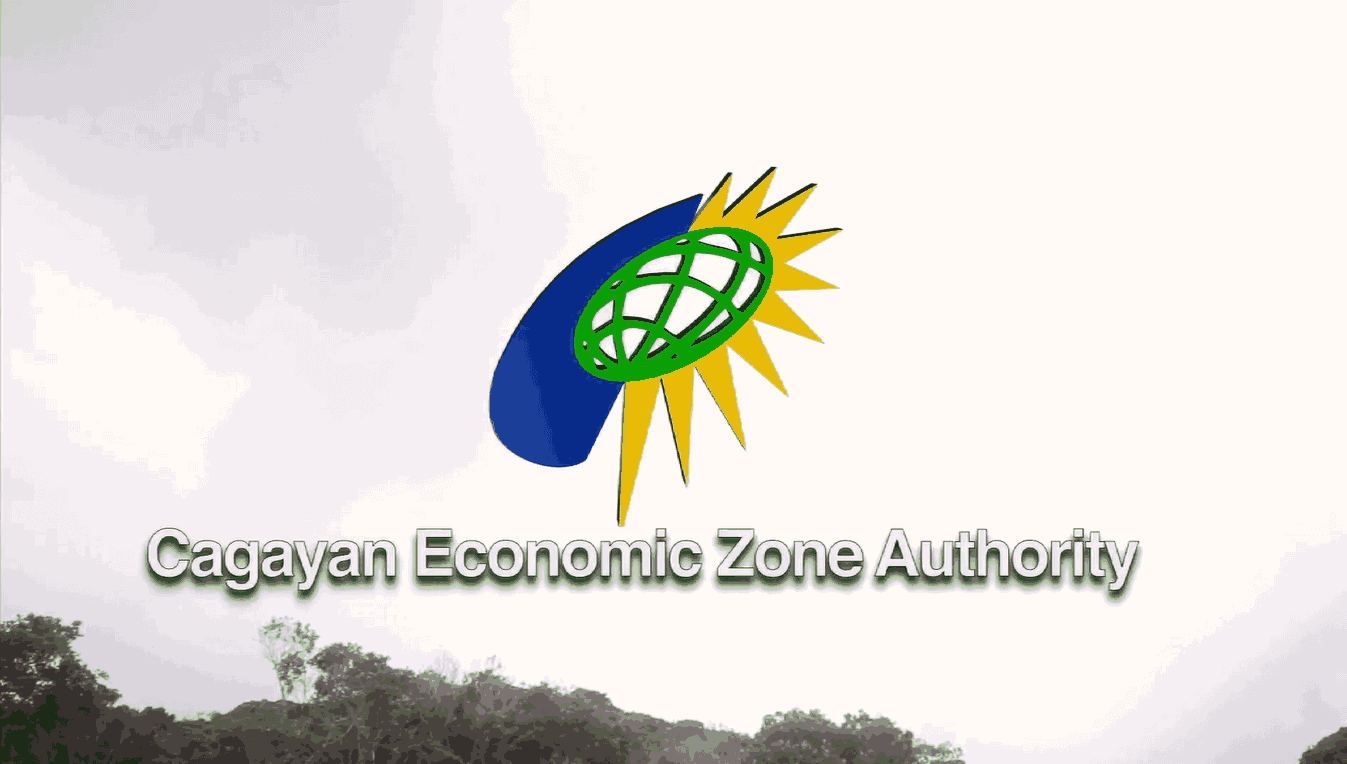This content has been archived. It may no longer be relevant.
DATO- Digital Asset Token Offering will now get governed by a new set of rules by the Cagayan Economic Zone Authority (CEZA) the Philippines government. In the process, the Self-regulatory organization (SRO) will assist in enforcing the regulations and the code of conduct. These rules are divided into three tiers. The first tier is about the investments and assets that do not exceed $5 million made in digital tokens. The second tier involves investments and assets that range from $6 to $10 million brackets. And, lastly, the third tier is about the investments and assets that go beyond $10 Million
On 4th Feb, the Philippines government announced about this new change in a post that says-
“CEZA has approved the Digital Asset Token Offering (DATO) regulations that cover the acquisition of crypto assets, including utility and security tokens. Under the new framework, CEZA is the principal regulating authority. The Asia Blockchain and Crypto Association (“ABACA”) is designated as a SRO to help implement and enforce the new rules.”
The CEZA administrator and Chief Executive Officer- Sec. Raul Lambino further added-
“It is our goal to provide a clear set of rules and guidelines that will foster innovation yet ensure proper compliance by actors in the ecosystem. It is our hope that these set of regulatory innovations will take the digital asset sector one step closer to adoption and acceptance by institutions and the traditional financial system.”
The new regulatory framework aims to regulate the crypto industry in the country, it aims to safeguard the investors, it will take care of any issues that affect any acquisitions on the crypto assets which may include aspects such as security and utility tokens. This makes CEZA as the main body to regulate the crypto industry. ABACA, on the other hand, will take up the responsibility to self regulate to enforce the new rules.
The release suggests that there is a pre-requisite of having proper offering documents by all the DATOs which should carry the information such as details of the issuers, details about the project. All the DATOs should also carry with themselves advice and certification of experts. Cointelegraph further revealed that these tokens must also be listed on the licensed OVCE: ‘Offshore Virtual Currency Exchange.’ On this Lambino further said-
“It is our goal to provide a clear set of rules and guidelines that will foster innovation yet ensure proper compliance by actors in the ecosystem. It is our hope that these set of regulatory innovations will take the digital asset sector one step closer to adoption and acceptance by institutions and the traditional financial system.”
Looking closely at the publication, there is no mention of the initial coin offering (ICO) by the govt. of Philippines. Although last year in August, the PSEC issued draft rules in order to regulate ICOs for public review. In the following month last year, the PSEC made an announcement about revealing the draft regulations for the cryptocurrencies. In order to create a cooperative oversight, the PSEC was working with the central bank- the Bangko Sentral ng Pilipinas, as per the announcement. However, the draft still remains a draft, as recently the PSEC announced that it is still not ready to issue final ICO regulation.







